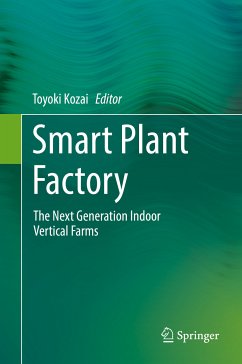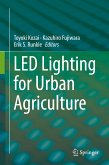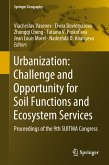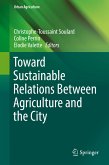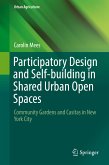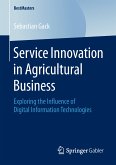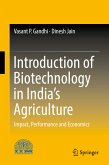The third wave of PFAL business started in around 2010 in Japan and Taiwan, and in USA and Europe it began in about 2013 after the rapid advances in LED technology. The book discusses the basic and advanced developments in recent PFALs and future smart PFALs that emerged in 2016.
There is an emerging interest around the globe in smart PFAL R&D and business, which are expected to play an important role in urban agriculture in the coming decades. It is also expected that they will contribute to solving the trilemma of food, environment and natural resources with increasing urban populations and decreasing agricultural populations and arable land area.
Current obstacles to successful PFAL R&D and business are: 1) no well-accepted concepts and methodology for PFAL design and management, 2) lack of understanding of the environmental effects on plant growth and development and hydroponics among engineers; 3) lack of understanding of the technical and engineering aspects of PFAL among horticulturists; 4) lack of knowledge of the technical challenges and opportunities in future PFAL businesses among business professionals, policy makers, and investors and 5) lack of a suitable textbook on the recent advances in PFAL technologies and business for graduate students and young researchers. This book covers all the aspects of successful smart PFAL R & D and business.
Dieser Download kann aus rechtlichen Gründen nur mit Rechnungsadresse in A, B, BG, CY, CZ, D, DK, EW, E, FIN, F, GR, HR, H, IRL, I, LT, L, LR, M, NL, PL, P, R, S, SLO, SK ausgeliefert werden.

